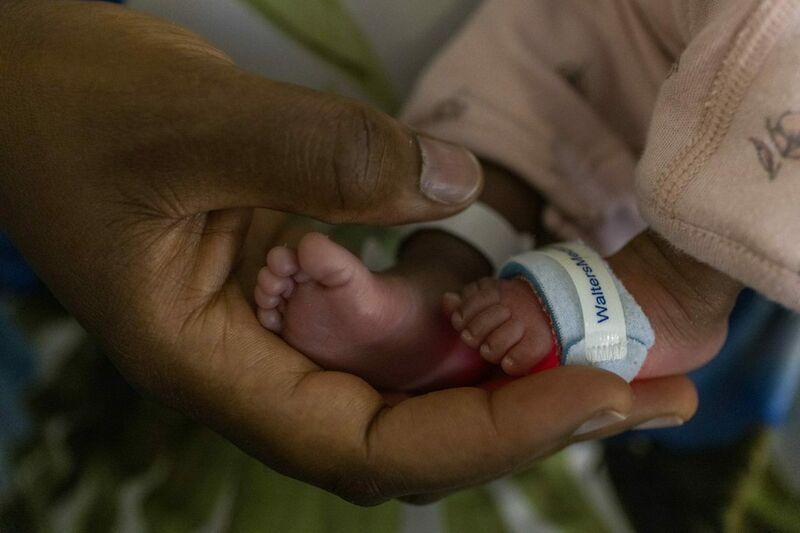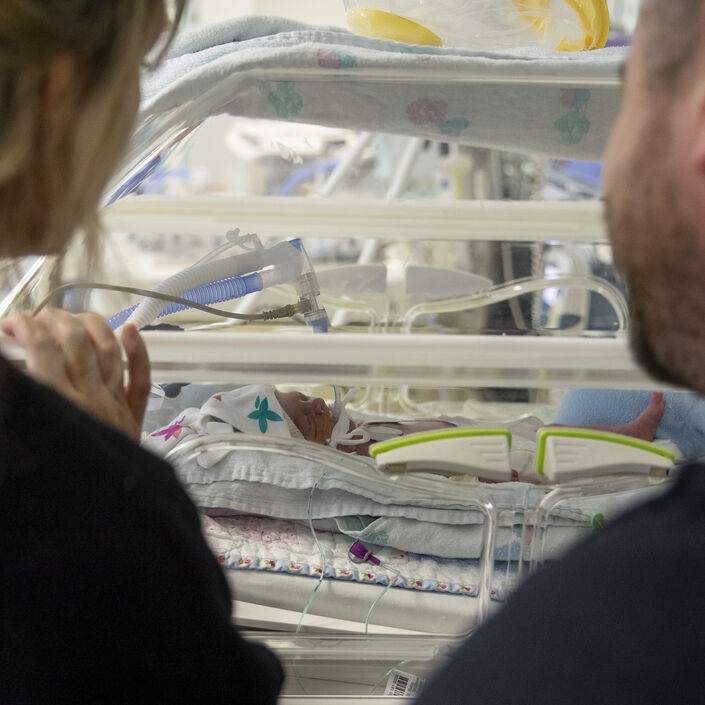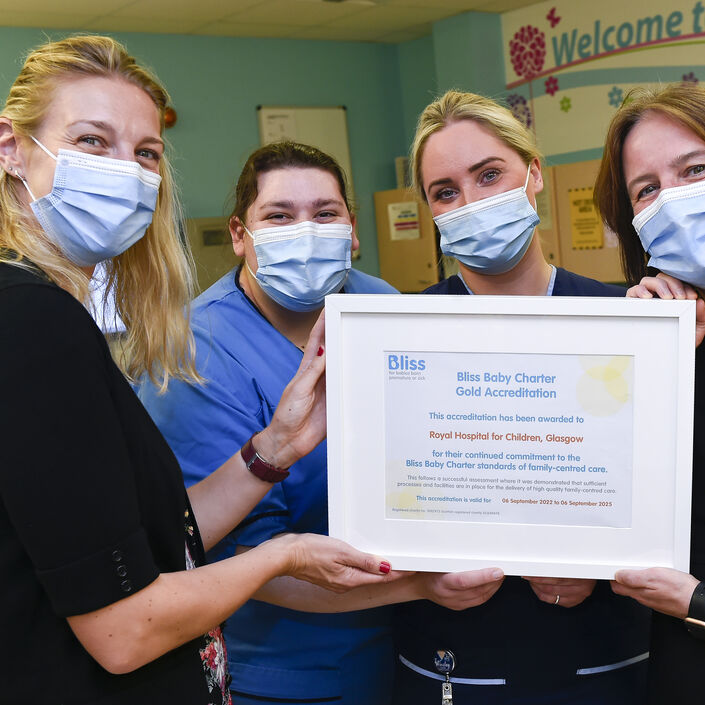Additionally, with the neonatal death rate falling more slowly overall compared to stillbirth, the pace at which the rates are falling must “be increased significantly” if the National Ambition to halve mortality by 2025 is to be achieved.
The report also found that the neonatal death rate for twins increased between 2016 and 2020, widening the gap between singleton and twin neonatal mortality rates – with the risk of twin neonatal death almost 3.5 times higher in 2020 than for singletons.
Findings from the report show:
• There is significant variation in neonatal mortality rates at Trusts and Health Boards with a Level 3 Neonatal Intensive Care Unit (NICU)
• The largest reduction in neonatal mortality was among babies born between 24 and 27 weeks. There was a slight increase in the mortality rate among babies born between 28 and31 weeks (29.0 to 30.6 per 1,000 live births).
• Neonatal death and stillbirth rates increased with deprivation across all ethnic groups.
• Neonatal mortality rates were over 3 per 1,000 live births for babies of Pakistani and Black African ethnicity from the most deprived areas.
• In terms of socio-economic characteristics, the largest difference in twin and singleton neonatal mortality rates is for the youngest mothers, with the twin neonatal mortality rates as high as 11.4 per 1,000 live births for mothers aged under 20.
• Similarly to singletons, the neonatal mortality rate among twins increases with increasing levels of deprivation.


